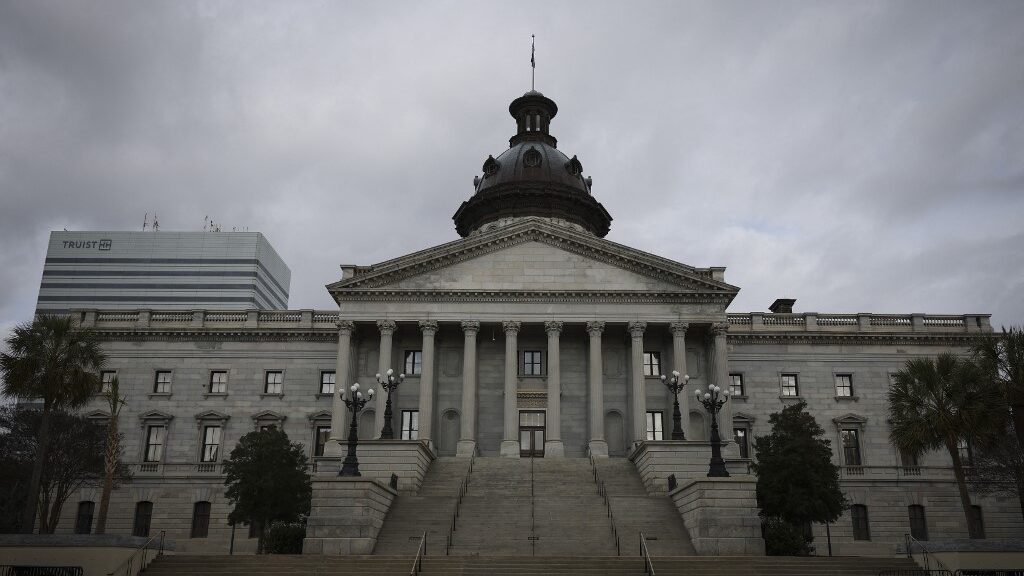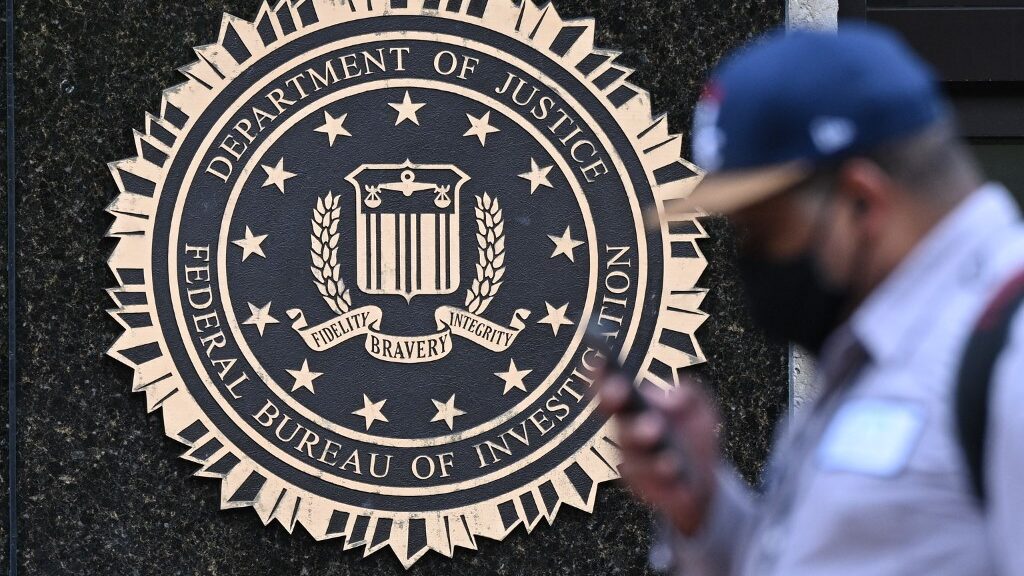
South Carolina House Bill 3749 remains in committee from the last session and the prospects of a sports betting bill being passed in this legislative session is a long shot at best.
Let’s delve into the latest updates to see the potential impact it could have on the sportsbooks industry.
Not Ready for Prime Time
Unlike its Carolinian neighbors to the north, South Carolina has no professional sports franchises to call its own. However, college sports like football and basketball are very popular in the Palmetto State with the University of South Carolina, Clemson, and Coastal Carolina featuring vibrant collegiate programs.
Therefore, no professional sports franchises are throwing their support behind an effort to legalize and license sports betting as we have seen elsewhere, including North Carolina. That’s one strike against getting mobile betting approved in South Carolina. The other is the man sitting in the corner office, Governor Henry McMaster, who has steadfastly refused to entertain any sports betting bills.
McMaster is just beginning his second term and will be a major encumbrance until he leaves office in 2027 unless he has a change of heart. The current sports betting bill, HB 3749, is still in a House committee with little chance of seeing the light of day this year.
“The support is really soft, even with NC legalizing,” one industry source said. “That certainly helps, but it could take another year, even though they’re in the second year of the session, and pick up where they left off last year. There is some real ‘disenchantment’ with some incumbents who are making a lot of asks and annoying lawmakers.”
What’s in the Bill?
Representative Chris Murphy introduced the pending sports betting legislation and was quoted as saying, “Any frat house you walk into, they’re gambling.” Murphy was alluding to the gray and black sports betting market that estimates say there are billions of dollars being wagered in South Carolina without the state making any money in taxes from it.
Murphy said his bill is an amalgam of Tennessee’s and North Carolina’s sports betting bills, but unlike both of those, Murphy’s bill would lower the legal age to gamble in South Carolina to 18 years old.
Representative Murphy’s bill would include the following:
- Online sportsbooks would pay $500,000 for a license.
- Online sportsbooks would be taxed at 10% of their adjusted gross revenues.
- Revenue generated from the sportsbooks would be split as follows; 80% to the General Fund, 15% to local governments, and 5% to administer responsible gaming oversight.
- A maximum of eight online sportsbooks would be allowed.
Motivation Coming
States that are late to the sports betting party eventually turn the corner once neighboring states legalize it. Normally, it attracts citizens from the non-gambling state to take a quick ride across state lines to make a bet themselves.
Politicians eventually get wind that geo-location crossings from citizens in their state spending millions of tax dollars flowing to their neighbors via sports betting proceeds. And nothing wins the day when it comes to sports betting approval like good old-fashioned neighborly jealousy.
We could very well see this scenario play out as mobile sports betting is looming in North Carolina by June 14th. There is also a push in Georgia to legalize it as well. South Carolinians will soon be making road trips across the border to get down on their favorite teams.
Once that occurs, a study will be conducted by sports betting advocacy groups showing how much money South Carolina is losing in sports betting revenue to neighboring states, causing more politicians to realize just how much money their inactivity on a sports betting bill is costing the state.
Mark Nagel, a sports management professor at the University of South Carolina, said, “As surrounding states permit more sports gambling activity, the likelihood of South Carolina making legalization a higher priority, increases. Often, potential tax dollars and constituent anger can override some, legitimate or unfounded, moral objections. Certainly, if Georgia were to legalize more gambling opportunities, that would likely also spur a move toward South Carolina legalization.
“Though many specifics are still unknown, having North Carolina more open to sports gambling likely moves South Carolina toward legalization at a quicker pace than otherwise would have occurred.”
Bookmakers Review will continue to monitor this story and update our readers as events unfold.

















